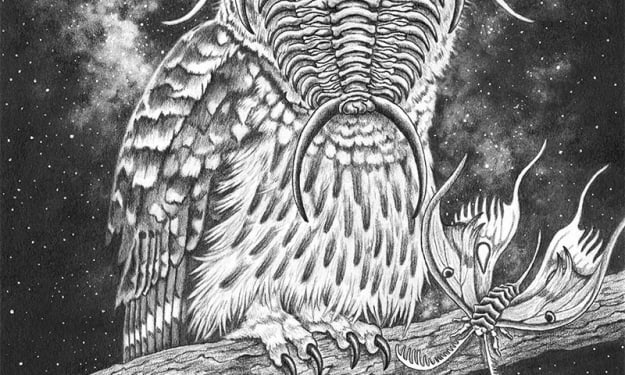Guilty by Association
Rejection and Progress

After telling you about my decision to trust a group of people, whom others around me deemed unworthy of respect, I think it essential to expand on the part of the story that saw me disowned by friends and family. I wish I were exaggerating by using a form of the verb disown to refer to my experience, but I'm not. My attitudes and choices surrounding these events were openly repudiated by some of the people I once considered close.
I can't bring myself to judge the people who renounced their associations with me too harshly. After all, people can only consider events and their consequences properly from their unique vantage points, and those points are often limited to familial and social expectations. Having dispensed with the condition of choice, which makes this case much more interesting than most understand, I will admit that it was at times challenging to accept that some people I cared about refused to see what I was doing. It was harder still to take that too many were unwilling to consider the explanations I offered for my choices.
Again, I understand that at first glance, my collaborations with convicted white-collar criminals made people uneasy, and we all want distance from those things we find uncomfortable. It was the seemingly unshakable focus on a small number of conditions that made some separations irritating. And it was annoying, if I may use that word lightly to describe how I felt about the judgements placed upon me. It was unpleasant (in a very indulgent way) to be labelled a criminal simply because I knew criminals and wanted to consider helping them find reconciliation with the world they had once left behind. You need to understand that I will embrace any characterisation of me, regardless of how fanciful, if I deserve it. In short, please wait until I have been convicted of a crime to call me a criminal.
At one point, a woman I have known for close to a decade said that if she had her way, I would be back in jail with the rest of them. Such an outrageous statement is made ridiculous by the fact that I have never been to prison before. Her wish was a reflection of her strong desire to, as I said earlier, create distance from what she perceived as immoral behaviour. And it is explicitly about perception; I can assure you that this woman has - on several occasions - been unfaithful to her significant others. Morality, it seems, is relative to personal expectations. It would take too long to argue the hypocrisy of this woman's discrimination against me here, but it offers a starting point for the rest of my story.
Like this decade-long "friend", others made their apprehensions of my associations clear to me, which I respected as honest criticism of my newly revealed plans. In one case a good friend presented the dangers of showing complicated ideas to simple minds; she offered the possibility of keeping it all secret until we could show the positive results of my work with my new team. She maintained that the psychological load of accepting my propositions was too heavy for these simple minds to bear, and she also admonished me for caring about what those same minds thought of my projects. This friend's advice has been the most helpful in dealing with the rejection part of my story. Along with my understanding that people cannot choose what they are conditioned to believe, her position made it clear that I should not expect everyone to entertain my crazy ideas. She is right; I always knew this, but reminders are often useful, and she is as easy on the eyes as she is intelligent.
It is weird to the point of being amusing, to see connections disappear as quickly as many of mine did. My social media counters were changing almost in real-time, and conversations that were part of my daily routine stopped and eventually became stale. Through it all, I stayed respectful of people's reasons for pushing me away, I know that, as the person who told me not to care also indicated, these people who rejected me don't know me as they thought they did.
I can fill pages with the hateful messages I received from the world, and I might one day share them with you, but what is much more interesting than those messages is the other consequence of my affiliation to known criminals.
I'll put it this way: the instance you make such an affiliation public, you become a target of [an] investigation. You become a person of interest, as they love to say.
Peyton
About the Creator
Peyton J. Dracco
Worked for a private defense contractor lending my services to national security and intelligence agencies. Now I work with international criminals to find corruption and prevent fraud.
Here I write about my journey...






Comments
There are no comments for this story
Be the first to respond and start the conversation.